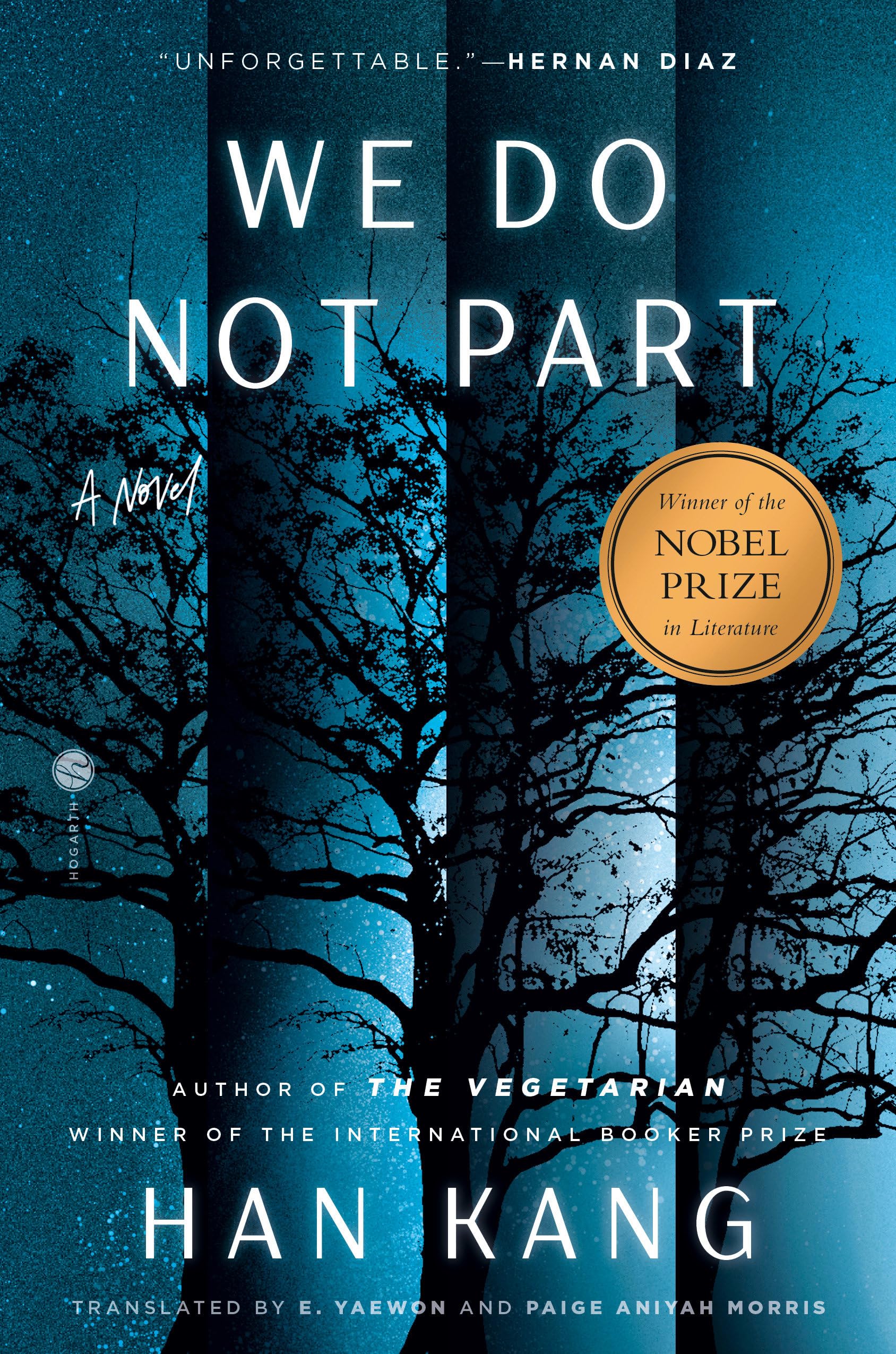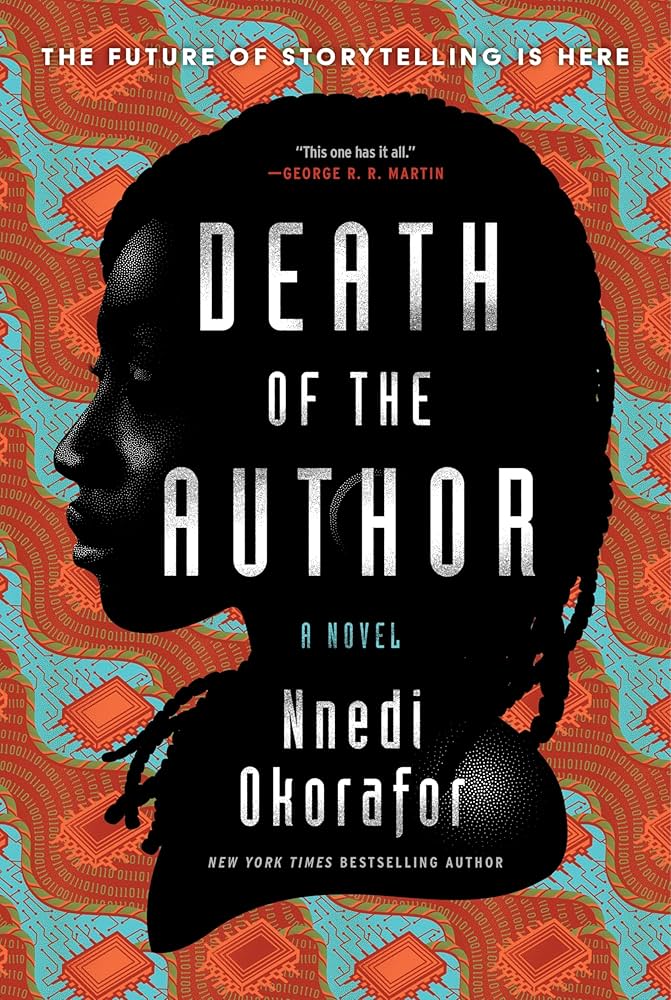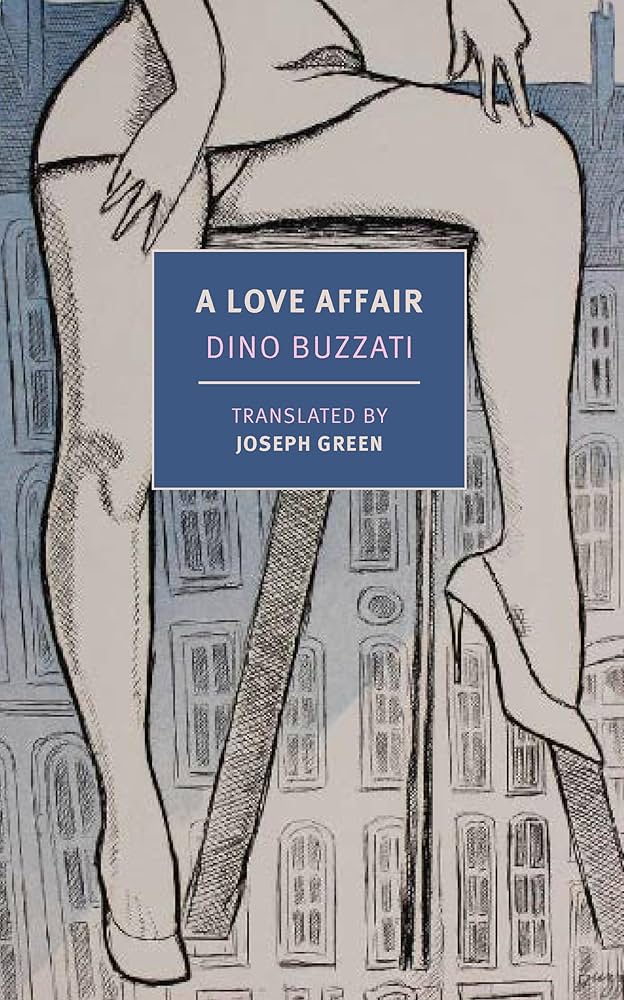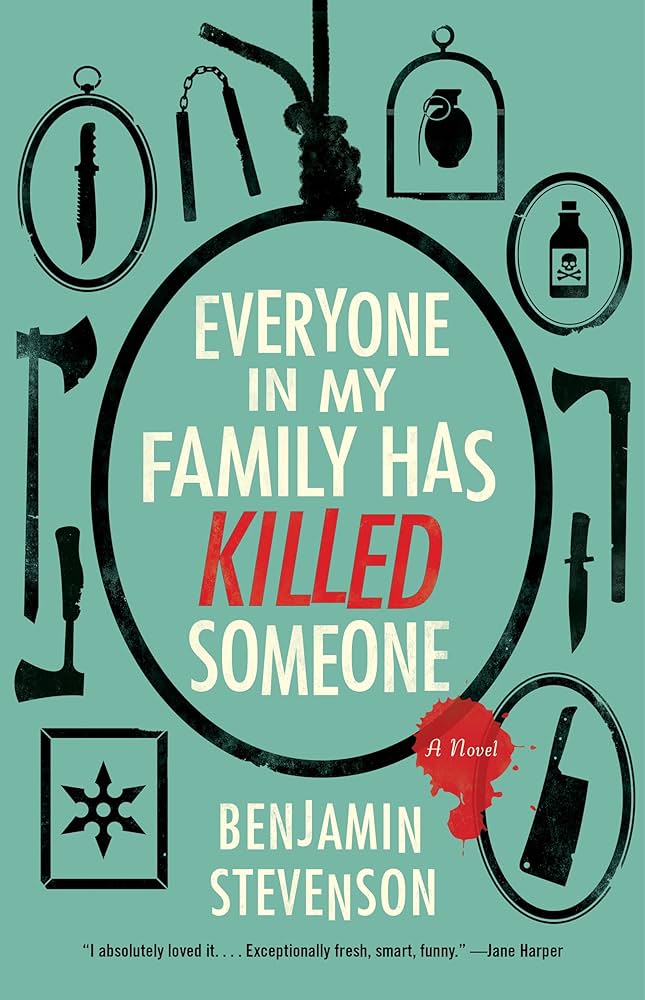Each Han Kang novel I’ve read seems to be difficult for different reasons. The Vegetarian was difficult for personal reasons — some of the story hit pretty close to home. Greek Lessons had themes that eluded me on first read, and I plan to reread it with the insight I gained reading about it. We Do Not Part is layered in dreamlike writing and allusions to an atrocity that isn’t outright named. Each novel lured me into thinking it’s going to be a brief read, but winds up consuming me for days, as I read about, process and reflect on what I’ve read.
The story is rooted in a shocking historical event, and one that began 77 years ago today: the Jeju uprising. I didn’t know anything about this, and the book comes at it from an oblique angle (as expected from Kang), but this article from Inkstick Media gives a pretty good account of what happened:
In the aftermath of World War II, the newly liberated peninsula was emerging from Japanese colonization (1910-1945), and Koreans were determined to develop a self-reliant, independent, unified nation. On Jeju, opposition to a divided Korea was especially strong. Three months after the Japanese were ousted, a new occupying force — the 59th Military Government Company — arrived on Jeju by tank landing ships and established the US Army Military Government in Korea (USAMGIK)’s presence. What followed was a chaotic rupturing of Jeju society and a paroxysm of violence that resulted in an estimated 30,000 deaths (10% of the population), widespread displacement, and the destruction of some 300 villages and tens of thousands of homes.
Here’s a detailed timeline from the organization that runs the commemorative centre there.
The book is split into three parts, narrated by a homebody named Kyungha. In part one, Kyungha’s friend Inseon asks to go to her home on Jeju island while Inseon is recovering from a nasty injury. Inseon has a bird there that will die if it doesn’t get food and water. Kyungha’s journey to Inseon’s home is a rough one, and a massive snowstorm makes the journey difficult and dangerous. As she makes her way to Inseon’s remote home, she travels across the island where the massacre took place, reflecting on the history as she goes.
In the second part, Kyungha begins to understand how the event was a direct part of Inseon’s life. She explores Inseon’s family history and the horrifying events from 1948. There is a lot in this section that’s metaphysical – events don’t make logical sense, but they’re not meant to. The final section is even more dreamlike and symbolic, centering Inseon’s mother in the story.
Kang’s writing is customarily entrancing — revealing little of the context around the event, focusing on details from Inseon’s family history. It’s rich with symbolism, metaphor and poetry that echoed around in my mind long after reading.
It was not an easy read: if I’m honest, there were several times that I considered abandoning the book, frustrated by the ephemeral story set in the present day. Once I read a little about Kang’s approach and the massacre itself, the book took on more relevance and finished strong. I didn’t know when I started that We Do Not Part is something of a continuation of Kang’s Human Acts, which deals with another historical atrocity.
Kang’s Nobel Lecture is worth a read for context:
Though the novel is pulled forwards by the two friends, just as they take turns holding the candle, its true protagonist and the person linked to both Kyungha and Inseon is Inseon’s mother, Jeongsim. She who, having survived the massacres on Jeju, has fought to recover even a fragment of her loved one’s bones so that she can hold a proper funeral. She who refuses to stop mourning. She who bears pain and stands against oblivion. Who does not bid farewell. In attending to her life, which had for so long seethed with pain and love of an equal density and heat, I think the questions I was asking were these: To what extent can we love? Where is our limit? To what degree must we love in order to remain human to the end?
As with both of the Kang novels I’ve read, I’m certain that We Do Not Part is a book that will affect me more strongly with time and distance. I’ve surely spent as much time reading about the book as I did reading the book itself. It’s difficult, rewarding and haunting stuff.









